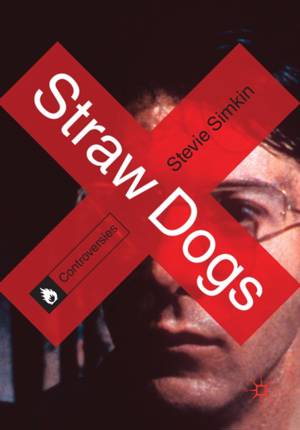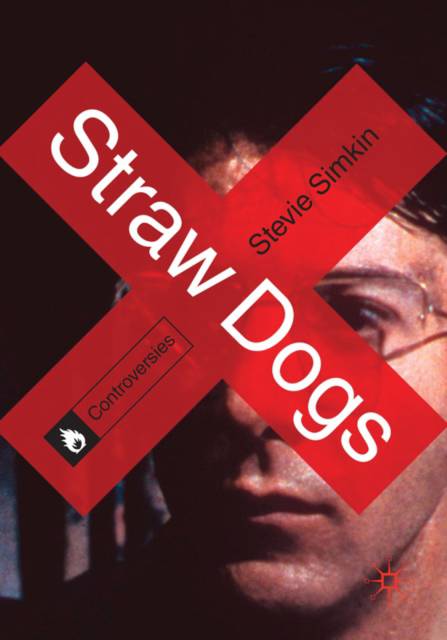
- Retrait gratuit dans votre magasin Club
- 7.000.000 titres dans notre catalogue
- Payer en toute sécurité
- Toujours un magasin près de chez vous
- Retrait gratuit dans votre magasin Club
- 7.000.0000 titres dans notre catalogue
- Payer en toute sécurité
- Toujours un magasin près de chez vous
Description
Sam Peckinpah's Straw Dogs ignited fierce debate among censors, critics and audiences on both sides of the Atlantic on its release in 1971. When Amy (Susan George) returns to her home village with her American peacenik husband David (Dustin Hoffman), the residents of this tight-knit Cornish community slowly turn on them. The sexual tension and latent violence finally erupt in an explosion of violence that includes a rape scene that has remained controversial to this day. The film was heavily cut for theatrical release in the US, and the pressinspired furore in the UK led to several local councils cutting or banning it outright. Later, caught in the wake of the 'video nasties' panic of the 1980s, Straw Dogs was refused a home-video certificate in the UK for nearly twenty years.
Stevie Simkin's study sheds light on the film's treatment by the British Board of Film Classification (BBFC) and tracks its subsequent tortuous journey towards home-video release, buffeted by various shifts in the BBFC's policy on representations of sexual violence. But, equally importantly, Simkin provides a highly original accountof themaking of the film, drawing on extensive research in Peckinpah's archive, including analysis of draft scripts, notes, memos and contemporary press items, as well as insights from a number of Peckinpah's associates, and key figures at the BBFC. 'A swift, compelling read. Thorough and scholarly without the faintest whiff of academic stuffiness, Stevie Simkin's study of Straw Dogs summons up the turmoil of the 1960s and 70s and illuminates the highly charged subject of sexual violence on film.'Stephen Farber, Film Critic, The Hollywood Reporter
Stevie Simkin is Reader in Drama and Film at the University of Winchester, UK. He is the author of, among other works, Revenge Tragedy: A New Casebook (2001), Early Modern Tragedy and the Cinema of Violence (2005), and, also in the Controversies series, a volume on Basic Instinct (forthcoming, 2013).
Spécifications
Parties prenantes
- Auteur(s) :
- Editeur:
Contenu
- Nombre de pages :
- 176
- Langue:
- Anglais
- Collection :
- Tome:
- n° 6
Caractéristiques
- EAN:
- 9780230296701
- Date de parution :
- 12-09-11
- Format:
- Livre broché
- Format numérique:
- Trade paperback (VS)
- Dimensions :
- 135 mm x 188 mm
- Poids :
- 272 g

Les avis
Nous publions uniquement les avis qui respectent les conditions requises. Consultez nos conditions pour les avis.






